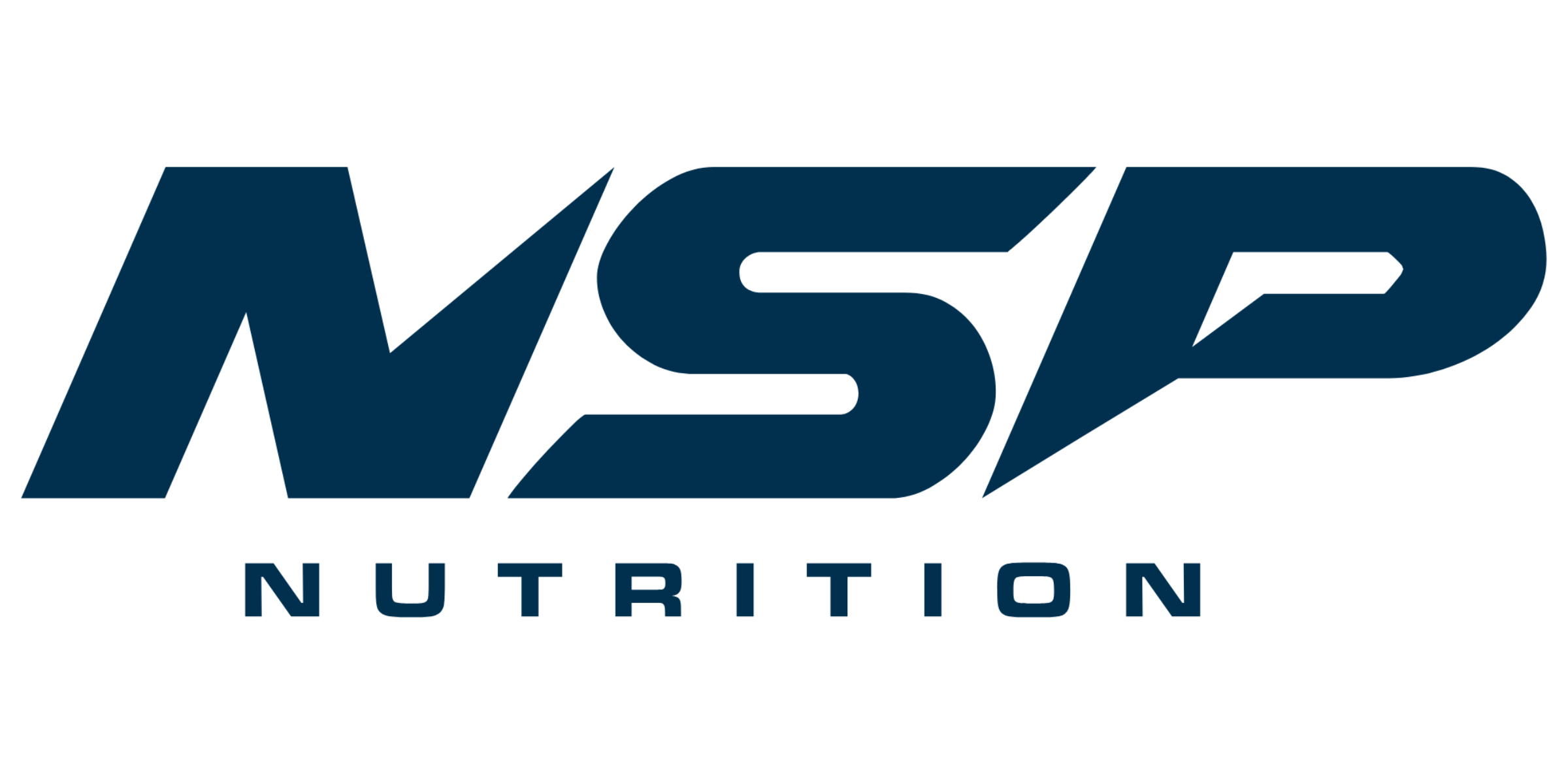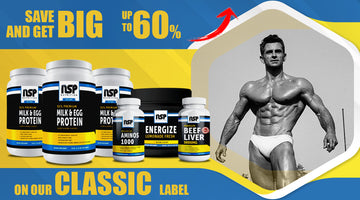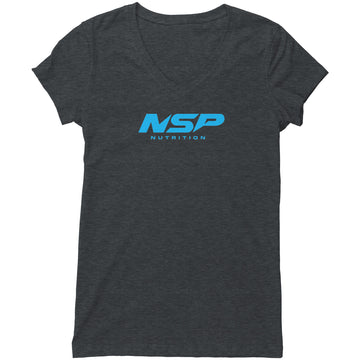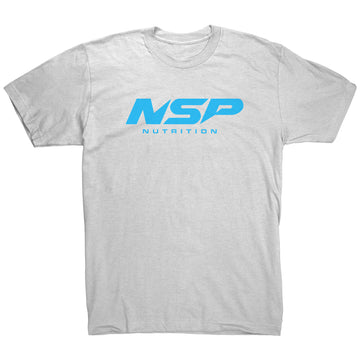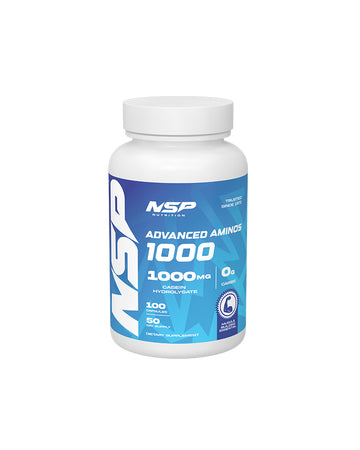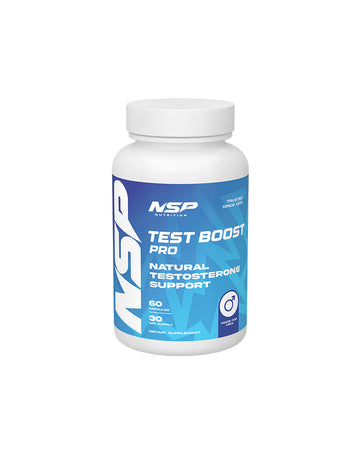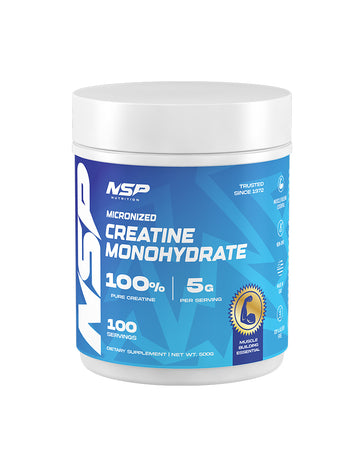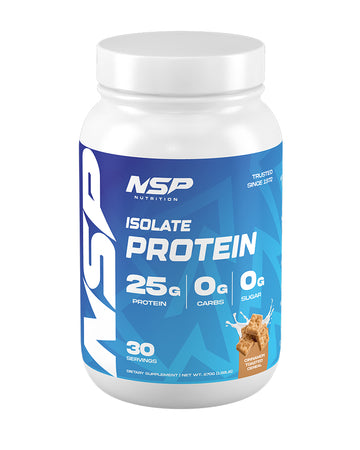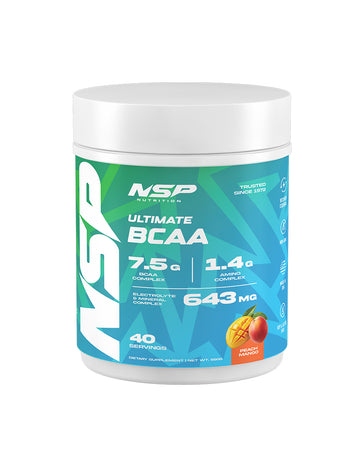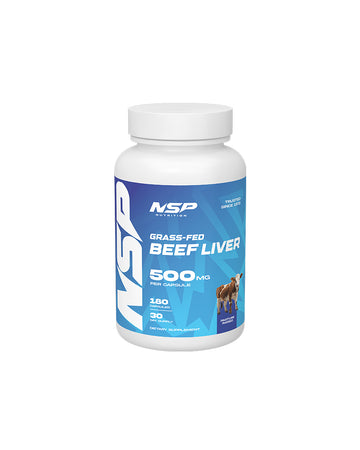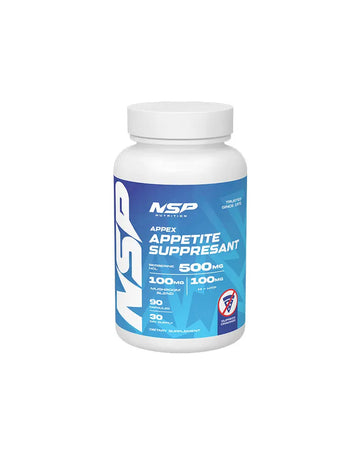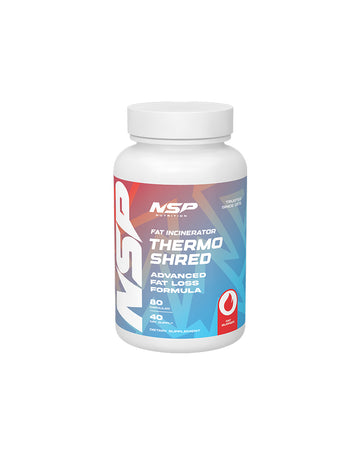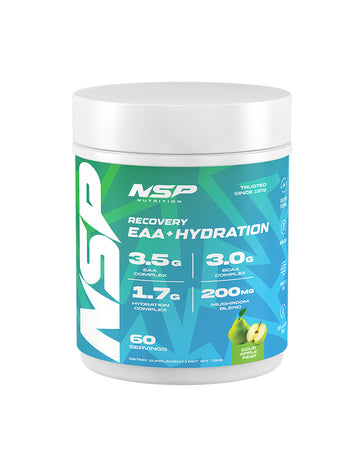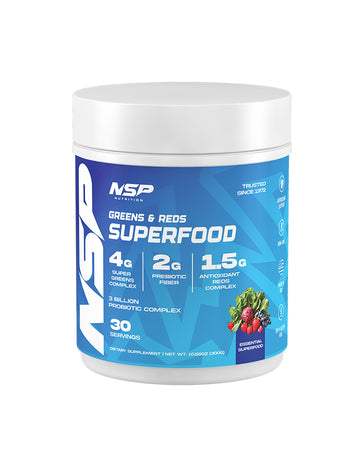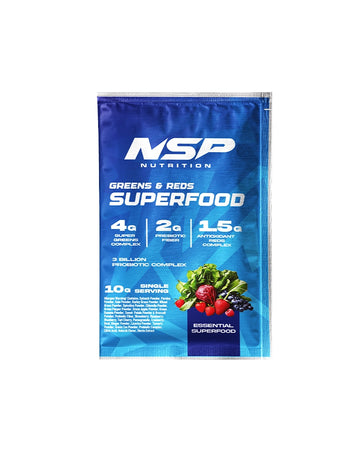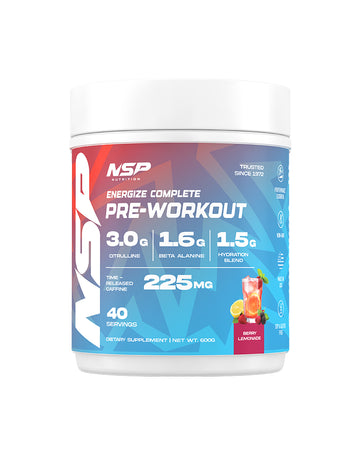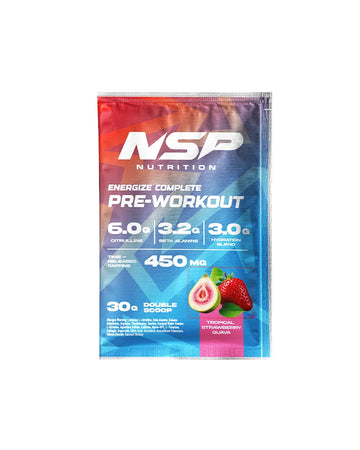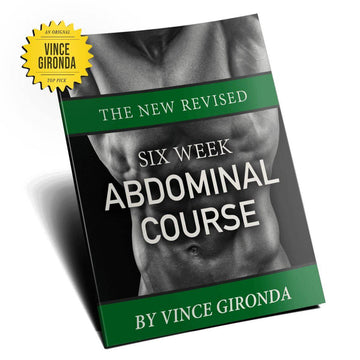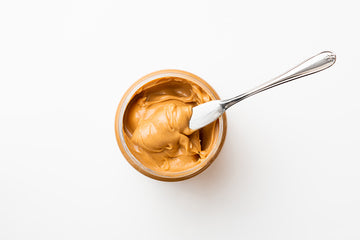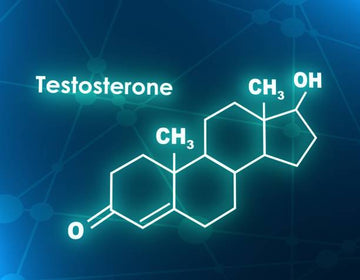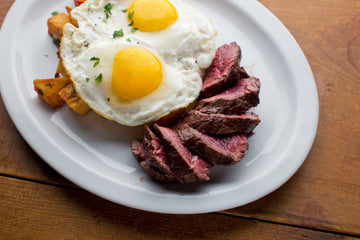But hold on a minute, is peanut butter really the protein powerhouse it's made out to be?
The answer is, not really.
In this blog, we'll dive into why peanut butter may not be the best source of protein for your diet and what other options you can consider.
Peanut butter is often considered a high-protein food, making it a staple in many people's diets, especially athletes, bodybuilders, and health enthusiasts.
When it comes to protein, it's not just about the quantity, but also the quality. The quality of a protein source is determined by the type and combination of amino acids it contains.
Amino acids are the building blocks of protein, and different protein sources contain different combinations of amino acids. Some amino acids are considered essential, meaning they can't be produced by our body and must come from our diet.
Now, let's talk about peanut butter.
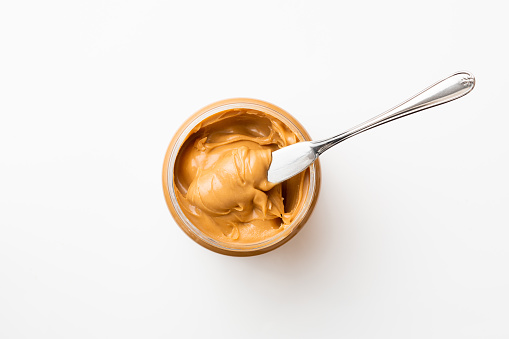
While it does contain some protein, it's not a complete protein source, meaning it doesn't contain all of the essential amino acids in the right proportions. To be considered a complete protein source, a food must have all essential amino acids in the proper ratios.
This is important because our bodies require a specific balance of amino acids to function properly.
Peanut butter also falls short in certain essential amino acids like methionine and cysteine. These amino acids are important for maintaining healthy skin, hair, and muscles, and a deficiency can lead to various health problems.
And if that wasn't enough, peanut butter is also high in unhealthy fats, such as saturated and trans fats, which can increase cholesterol levels and the risk of heart disease.
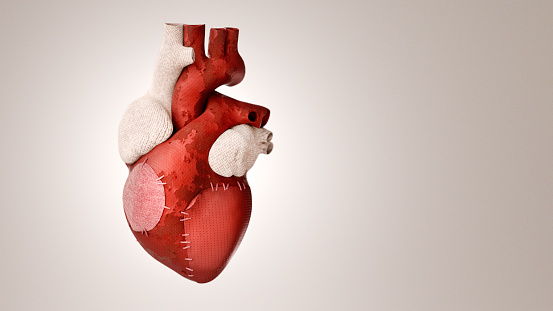
Here's the thing, a serving of peanut butter is typically two tablespoons, which contains about 190 calories and 16 grams of fat. While it may not seem like a lot, it's easy to consume a large amount of peanut butter in a short period of time.
This can lead to overconsumption of calories and fat, which can contribute to weight gain.
So, if peanut butter isn't the ideal protein source, what should you consider instead?
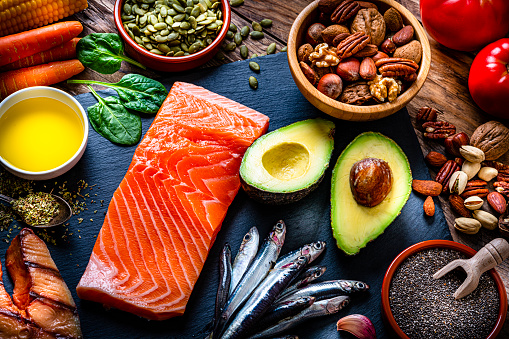
Animal-based proteins, such as chicken, fish, beef, eggs, and dairy products, are some of the best options for high-quality protein.
These proteins are considered complete proteins and contain all essential amino acids in the right ratios. Plus, animal-based proteins are also high in other essential nutrients like iron, B vitamins, and zinc.
And the best part? They are typically low in unhealthy fats, making them a healthier option than peanut butter.
Plant-based proteins, such as beans, lentils, and tofu, are also great options for increasing your protein intake.
These proteins are typically low in fat and calories, and high in fiber, vitamins, and minerals. They are also complete proteins, meaning they contain all essential amino acids in the right ratios.
Greek yogurt is another option worth considering. One cup of Greek yogurt contains about 17 grams of protein, making it a good source of high-quality protein. It's also low in fat and high in calcium, which is great for building strong bones.
Greek yogurt can be used in a variety of ways, like in smoothies, as a topping for oatmeal or fruit, or as a substitute for sour cream in recipes.
Conclusion
While we all love the taste of creamy, nutty peanut butter, it's time to face the facts - it may not be the best source of protein out there.
Sure, it's convenient and easy to spread on toast or mix into a smoothie, but when it comes to meeting our protein needs, it falls short.
Lack of essential amino acids, high calorie and fat content, and low protein quality all contribute to why peanut butter may not be the ideal choice for a healthy diet.
But that doesn't mean we have to say goodbye to peanut butter forever! There's still a place for it in our diets, as long as we pair it with other protein sources to make up for its shortcomings.
Think about adding some Greek yogurt to your morning smoothie, or spreading your peanut butter on a whole grain bread.
The important thing is to have a variety of protein sources in your diet and to be mindful of your overall calorie and fat intake.
In the end, it's all about finding balance and making choices that support your health and wellness.
So, go ahead, treat yourself to a spoonful of peanut butter, but also make sure to include a variety of other protein sources in your diet to ensure you're getting the best bang for your buck. Your body will thank you!
